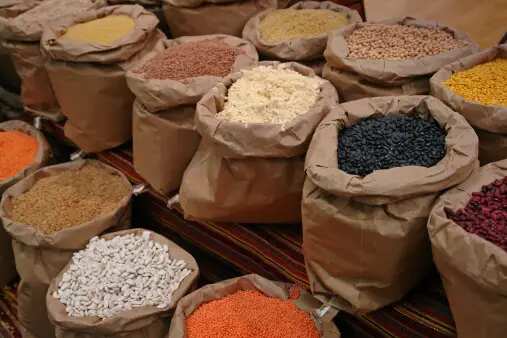
7 Ways To Maximise Your Nutrition From Pulses
By Yash Lakhan
March 17, 2024


Pulses are highly valued, nutrient-dense foods that are used extensively in Indian cuisine, from making dals, parathas, and even sweet delicacies like halwa. But there are certain measures you have to take to get the most out of these humble superfoods.



Diverse Selection
Include a variety of pulses such as lentils, chickpeas, beans, and peas in your diet. Each type offers unique nutritional benefits, ensuring a broad spectrum of nutrients.

Whole Pulses
Opt for whole pulses instead of processed or canned varieties whenever possible. Whole pulses retain more nutrients, including fibre, vitamins, and minerals.

Balanced Meals
Incorporate pulses into balanced meals with vegetables, whole grains, lean proteins, and healthy fats. This combination ensures a well-rounded nutritional profile and supports overall health.

Cooking Methods
Choose healthy cooking methods such as boiling, steaming, or pressure cooking pulses to preserve their nutritional content. Avoid excessive frying or cooking with high-fat ingredients.

Minimal Processing
Avoid heavily processed pulse products that may contain added sugars, sodium, or unhealthy fats. Opt for minimally processed options to maximize nutritional value.

Soaking and Sprouting
Consider soaking and sprouting pulses before cooking to enhance nutrient absorption and reduce anti-nutrients. This process can increase the bioavailability of vitamins and minerals.

Seasoning and Flavouring
Use herbs, spices, and healthy oils to season and flavour pulse-based dishes. This not only enhances taste but also adds additional nutrients and antioxidants to your meals.
